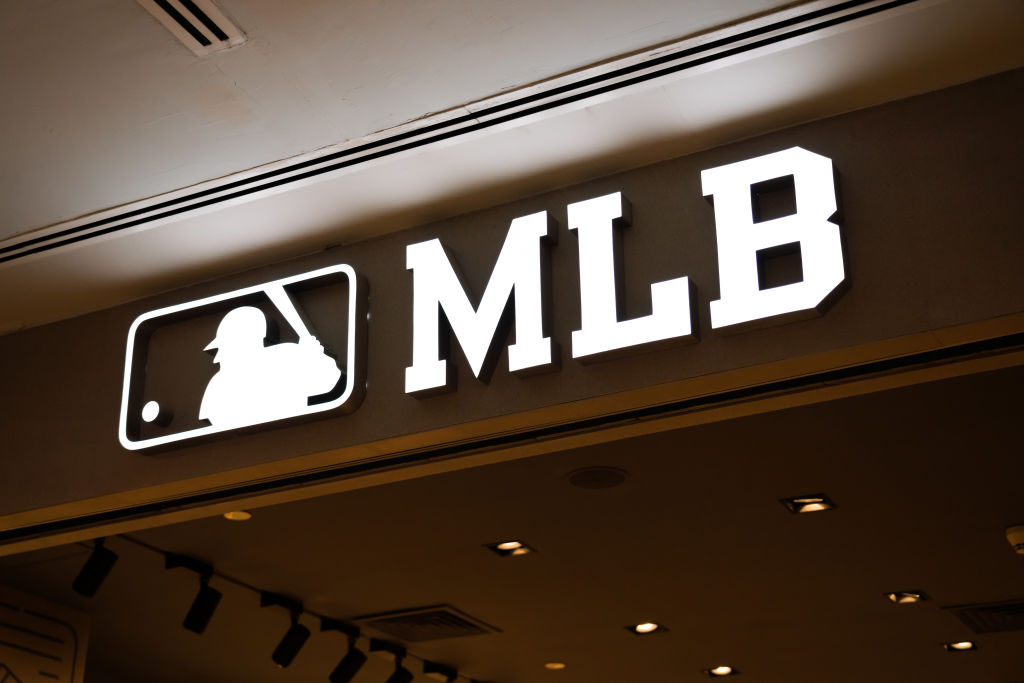MLB
MLB Halted Its 1994 Season and Never Came Back to Finish It

NBA executives made the stunning decision Wednesday to suspend the season in response to the coronavirus outbreak. With teams already facing the possibility of playing in empty arenas to reduce the spread of the illness, the league was jolted shortly before its announcement by the disclosure that Utah Jazz center Rudy Gobert had tested positive for coronavirus.
The decision to suspend action raises the possibility that the remainder of the NBA season will have to be scrapped if coronavirus cannot be contained and eradicated in a timely fashion.
It would not be the first time in recent history that a U.S. sports season was not played to its conclusion for reasons other than the league folding. Major League Baseball was in the midst of a memorable 1994 season when everything came crashing down.
MLB’s 1994 strike was its most disastrous
Baseball has a history of strikes stemming from failed contract negotiations between owners and players, and the one that began Aug. 12, 1994, was the sport’s fourth work stoppage in 22 years.
It was also its most ruinous. The 1994 season never resumed, the playoffs and World Series were canceled, and the dispute continued into the start of the following season. The MLB strike was surpassed in length only by the 2004-05 NHL lockout, which caused an entire hockey season to be lost. It wiped out 948 games and resulted in the 1995 regular season being shortened from 162 to 144 games.
The source of the MLB disagreement was the owners’ desire to institute a salary cap, contending that small-market franchises were at risk of collapse if they had to continue competing under the existing rules against teams with more lucrative local broadcast and sponsorship packages.
1994 ended without a World Series
With negotiations going nowhere almost five weeks into the strike, acting commissioner Bud Selig called off the rest of the MLB season on Sept. 14, 1994. The decision meant that baseball did not conduct a World Series for the first time since 1904.
The team hurt most was one of the franchises the owners were trying to help with the proposed salary cap, which they said would have led the total payroll for the 28 teams to rise because it was tied to redistributing money to small-market teams. The Montreal Expos, with the second-smallest payroll, had the best record in the majors at 74-60 and appeared destined to make the playoffs for the first time since 1981 – another strike-marred season.
Had the season been played to its conclusion, at least one division champion could have finished with a losing record. The Los Angeles Dodgers were only 58-56 atop the National League West and the Texas Rangers were leading the American League West with a 52-62 record.
Individually, San Diego Padres outfielder Tony Gwynn was batting .394 at the time of the strike, which cost him the chance to become MLB’s first .400 hitter since Ted Williams of the 1941 Boston Red Sox.
The 1994 MLB strike had two quirky results
The strike that ended the 1994 baseball season resulted in several oddities, though two in particular stood out.
The baseball writers who vote on awards unanimously selected Jeff Bagwell as the National League MVP. Had the season been completed, the Houston Astros star may have been an also-ran in the voting. Bagwell was hit by a pitch and sustained a broken hand in an Aug. 10 game, a development that would have cost him most if not all the rest of the season.
While Bagwell was hitting .368 with 39 home runs and a gaudy 116 RBIs, Matt Williams and Barry Bonds of the San Francisco Giants had 43 and 37 homers, respectively. With seven-plus weeks left and Bonds protecting him in the batting order, Williams could have taken a run at Roger Maris’ then-record of 61 homers in a season. Instead, he finished second in the MVP voting.
Meanwhile, The Minnesota Twins traded outfielder Dave Winfield during the streak and received only
The Twins sent Winfield to the Cleveland Indians for a player to be named later at the trade deadline, when the possibility of the season resuming still existed. But the cancellation of the rest of the season closed the window on further MLB transactions until the strike ended. Executives of the two clubs closed the books on their trade by going out to dinner, with the Indians picking up the check.
The Twins didn’t mind since Winfield’s contract was up at the end of the season. He filed for free agency and signed with the Indians, where he would play the final season of a 22-year career than included 3,110 hits and 465 home runs.











